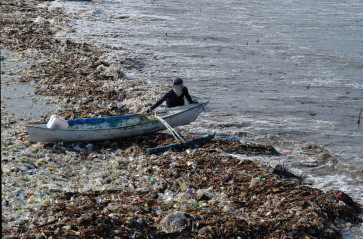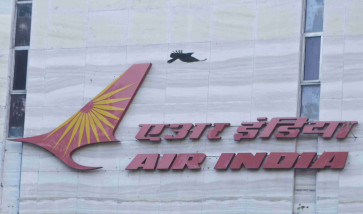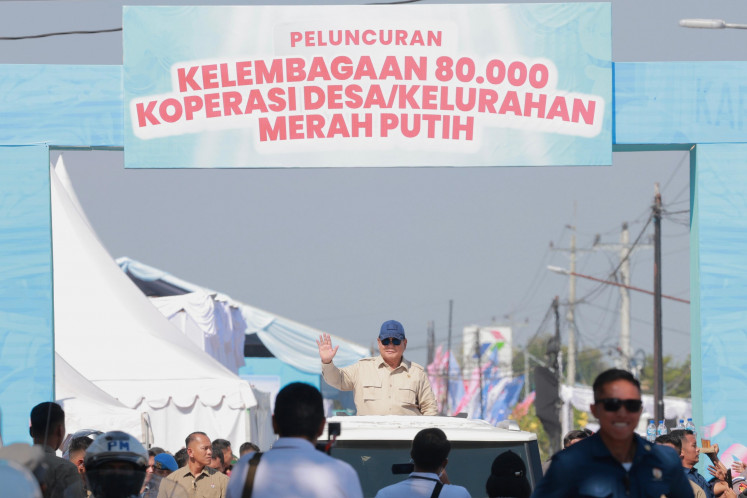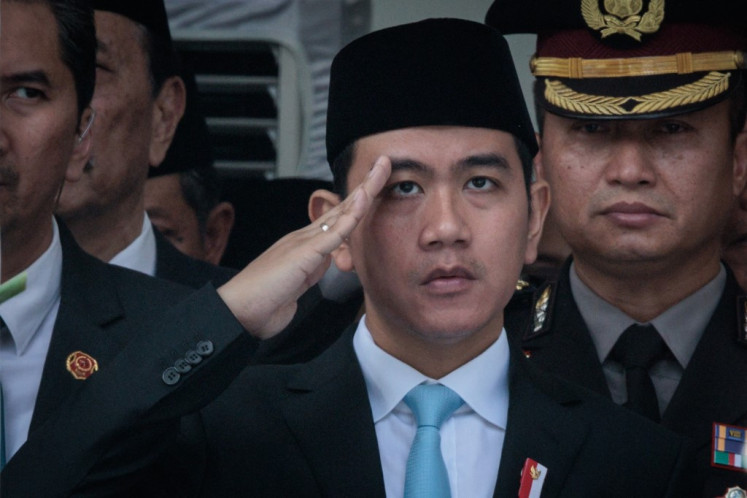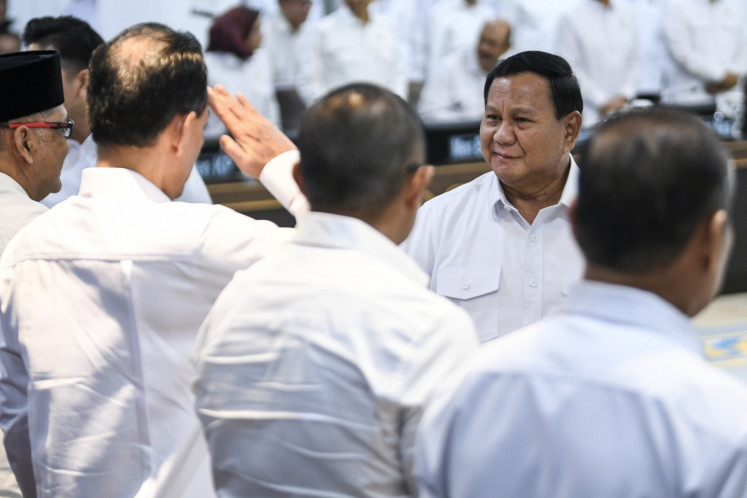Popular Reads
Top Results
Can't find what you're looking for?
View all search resultsPopular Reads
Top Results
Can't find what you're looking for?
View all search resultsForests report ‘step in right direction’
Environmentalists have welcomed the Environment and Forestry Ministry’s publication of The State of Indonesia’s Forests 2018 report, but called for more follow-up action and better real time transparency in order to address the long-standing problems in the management of the country’s forests
Change text size
Gift Premium Articles
to Anyone
E
nvironmentalists have welcomed the Environment and Forestry Ministry’s publication of The State of Indonesia’s Forests 2018 report, but called for more follow-up action and better real time transparency in order to address the long-standing problems in the management of the country’s forests.
Yayasan Madani Berkelanjutan executive director Teguh Surya said on Tuesday that his foundation appreciated the report that “honestly explained the current condition of how our forests are being managed”, but urged the ministry to go further.
“The contradiction between the development of forests as an economic asset and the commitment to protect the environment has to be resolved through better data transparency, inclusive and accountable policy-making, stricter law enforcement and conflict resolution,” he said.
The report, published in July, is the first of its kind and was produced in collaboration with the United Nation’s Food and Agriculture Organization in an attempt to document and promote sustainable forest management in Indonesia.
The country is home to the world’s third-largest rainforests, behind only Brazil and the Democratic Republic of the Congo, but its forest management has long been plagued by company-led deforestation, widespread forest fires and company versus community conflict.
“We want to minimize overlapping boundaries and claims on forest land, manage tenure conflicts between communities and companies in particular, and carry out an agenda of social forestry,” Minister Siti Nurbaya said at the report’s launch last month.
The report highlighted that deforestation had decreased to 480,000 hectares per year in 2017 from 1.09 million ha per year in 2015.
President Joko “Jokowi” Widodo’s administration has enacted wide-ranging policies to restore peatland after Indonesia was plagued by disastrous forest fires in 2015, which resulted in Jokowi as President being found liable for the fires that produced the nation’s worst-ever haze.
The report also focused on the government’s efforts to involve native communities in forest management through the setting aside of “social forests”, which include adat (traditional) forests.
“From 2007 to 2014, the process of granting legal access to forest resources to the community was relatively slow, with few permits being issued,” the report stated. “As a corrective measure, President Joko Widodo has now supercharged the idea of social forestry by underscoring its potential community welfare functions.”
As of June, there were 1.7 million ha of designated social forests managed by 384,000 families.
“The corrective actions proposed by the environment and forestry minister are a good first step, but it is not enough to only focus on the distribution of forested land alone,” Teguh said, urging the government to create an integrated road map toward a deforestation-free Indonesia.
Madani researcher Anggalia Putri Permatasari added that the report revealed several loopholes that could lead to further deforestation that the ministry should try to close, citing the allocation of new permits for 5 million-ha of forests and land-swap policies that include forest land as examples.
“Conservation and protected areas are also not entirely safe [from deforestation] as 10.8 million ha of conversation forests have turned into unforested areas,” Anggalia said. “And according to the report, from 2016 to 2017, 20 percent of deforestation occurred in conservation and protected areas.”
Anes Akwan, coordinator of Pantau Gambut Papua, also called into question the government’s commitment to enforcing peatland permit moratoriums in regions such as Papua.
“Regional governments are still issuing permits despite the moratorium and this has caused conflict between residents and companies in many areas in Papua,” he said.
Greenpeace Indonesia forest campaign team leader Arie Rompas said while the report demonstrated progress, even more transparency was needed.
“Right now environmental civil society organizations do not have access to the data cited in the report, so there is no way to verify whether it is correct,” he told The Jakarta Post on Tuesday.


